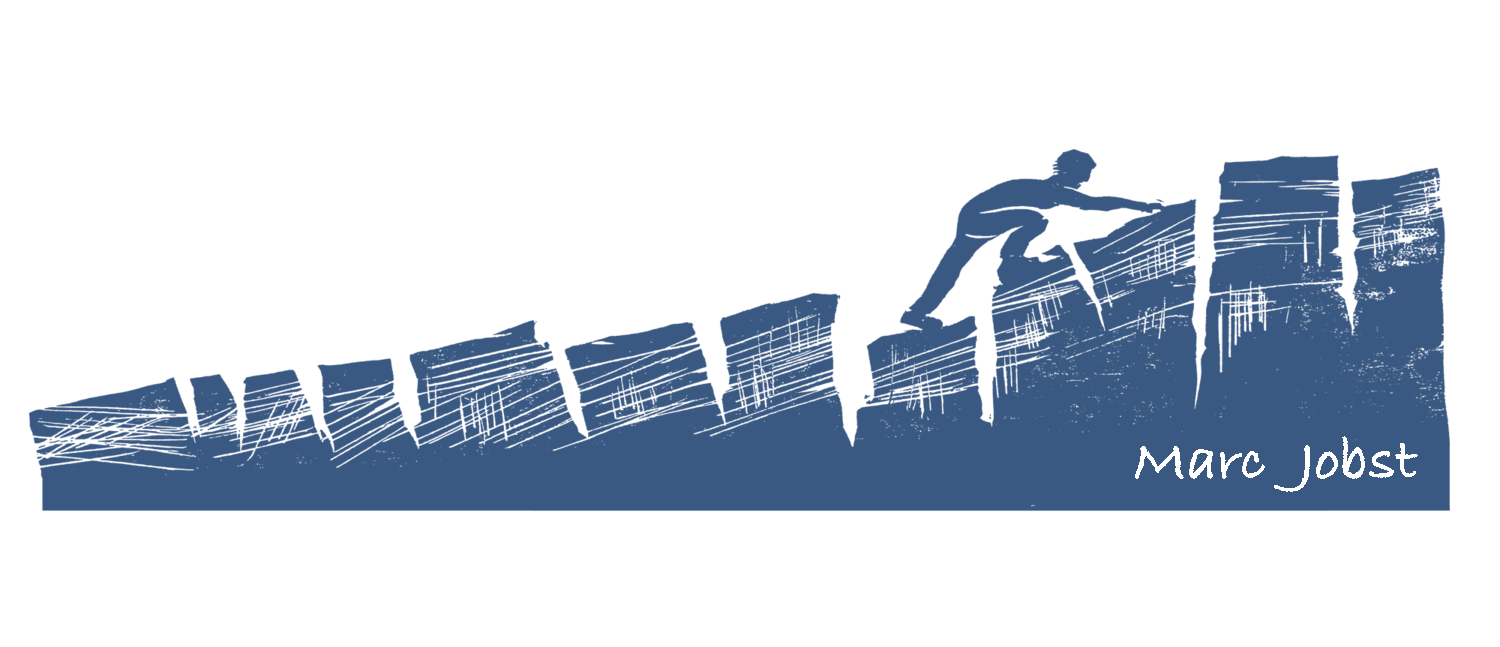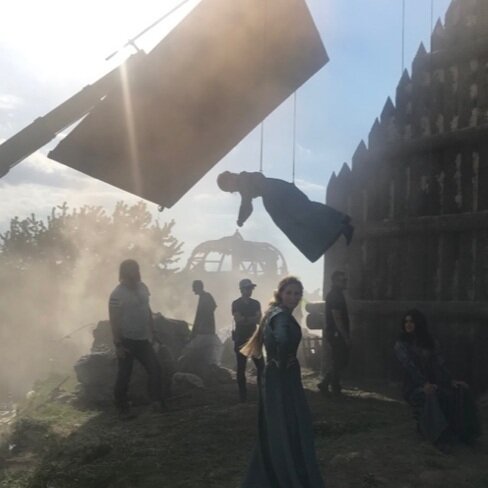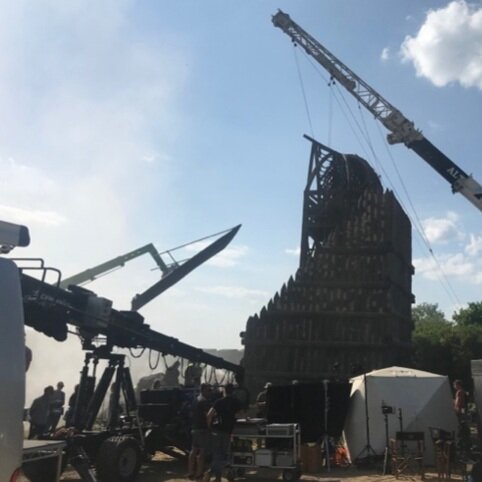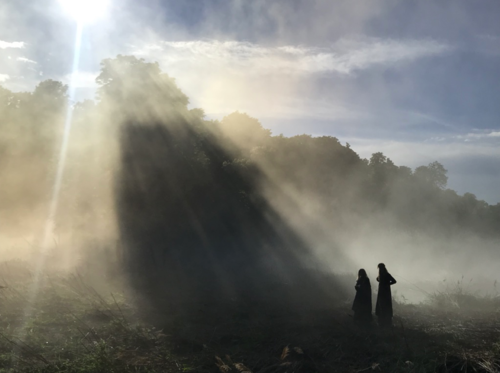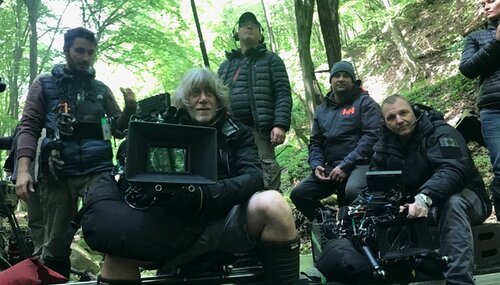The Job of Directing
Ogrodzieniec, Poland, The Witcher season 1
Directing is wonderfully collaborative, ever changing, and a curious mix of the prosaically practical and sublimely creative. It is always a discovery and every project brings a greater understanding to me of the role of the director. I thought I knew. I’d read about great directors. I’ve even seen a couple at work. But…the more I do the job , the more I find how much more it is than anything I’d thought.
I began in theatre. I love and understand working with actors. I think it was Anthony Hopkins who once said: “Ah yes, actors, damaged goods”. Of course, we’re all damaged goods, that’s why we love and need stories. In one form or another, story explores characters wrestling with their lives as a consequence of their damage, or someone else’s damage being done to them. Actors are the brave vehicles for those stories, exposing and presenting our collective damage for us to see. We journey with them through the story to try to find the road to some sort of resolution.
Working with actors in film is no different, but harnessing the huge creative machinery of a film production is a whole different discipline. Directors rarely see other directors work because usually there’s only one director on set, and…guess what, that’s you!
The Witcher, Gant, Hungary
We come to our first productions with all kinds of preconceptions of what it is to direct, what it is to be a director, but it’s all theory, received notions, and generally deeply unhelpful. There is no substitute for actually doing the job. Nothing can replicate the heat of being on set, of having to make hundreds of decisions in the moment and of steering (directing) a team of creative people, to deliver a vision, on a budget and to a schedule.
A friend of mine told me the story of when he was first assistant director on a brilliant director’s early films. The crew was on set at 7am, waiting to begin Day One of the shoot. But there was no director. The producers sent Richard to find him. He was in his car in the car park overlooking the crew below. The doors were locked, the windows closed, the glass all steamed up. Richard tapped on the window, then his watch: it’s time. “I can’t. I can’t do it” said the director, sweating from head to toe, shivering with anxiety. “You can, and you will!” Richard got him to unlock the door, took his hand and marched him to set. The director went on to make many iconic films.
Stunt scene for finale of The Witcher
Assuming you manage to get to set (!), in our insecurity and fear in those early days of directing, it’s easy to “over-direct”, to over control everything, believing that that’s the way to make your film. We hold our vision too tightly and don’t let anyone in for fear of either appearing stupid, or losing the vision.
When I directed my very first film – a documentary in 1989 for the BBC’s new returning series Country File - I learned a painful lesson. It was a film about a blind goat farmer on Cape Clear Island off the south coast of Ireland. I was directing a shot of the farmer’s son walking along the horizon on his way to school. We finished the shot, I said “let’s move on”. The cameraman turned and said: “If you’re not careful I’ll give you what you want”. I didn’t understand what he meant (but knew it wasn’t a compliment!), so asked him to explain. He said we needed more footage to make the sequence work, and if he gave me what I wanted, I wouldn’t have a sequence that would cut. And, of course, dammit, he was right: in the cutting room I needed the additional footage.
Gradually I learned that collaboration does not mean compromise, or that your vision will be diluted. Quite the opposite. Collaboration means harnessing the brilliance of all the creative people around you to support, add and enhance the ideas you bring to the film. That is where filmmaking comes alive, makes you fizz inside, and what gets you up every day to face another 14-16-hour shift.
One of the most satisfying parts of our job is to create an environment in which everyone on the production feels safe enough to contribute their creative brilliance. Our job then, as director, is to decide which ideas add to our vision, and which do not.
Joel Coen - whose films with Ethan I learn from every time I watch them - puts it brilliantly in a fascinating interview with Roger and James Deakins on their brilliant podcast: Team Deakins: https://podcasts.apple.com/us/podcast/team-deakins/id1510638084
Joel Coen : “It probably took me a few movies to understand that collaboration on a movie set is not a threat to your idea. Because when you’re young, you’re very defensive about your ideas, and you’re very defensive about your process…then if you’re open to it temperamentally you realize all those people are making the thing richer and more interesting than you could ever do by just defending your ideas and getting what you want.”
© Marc Jobst
